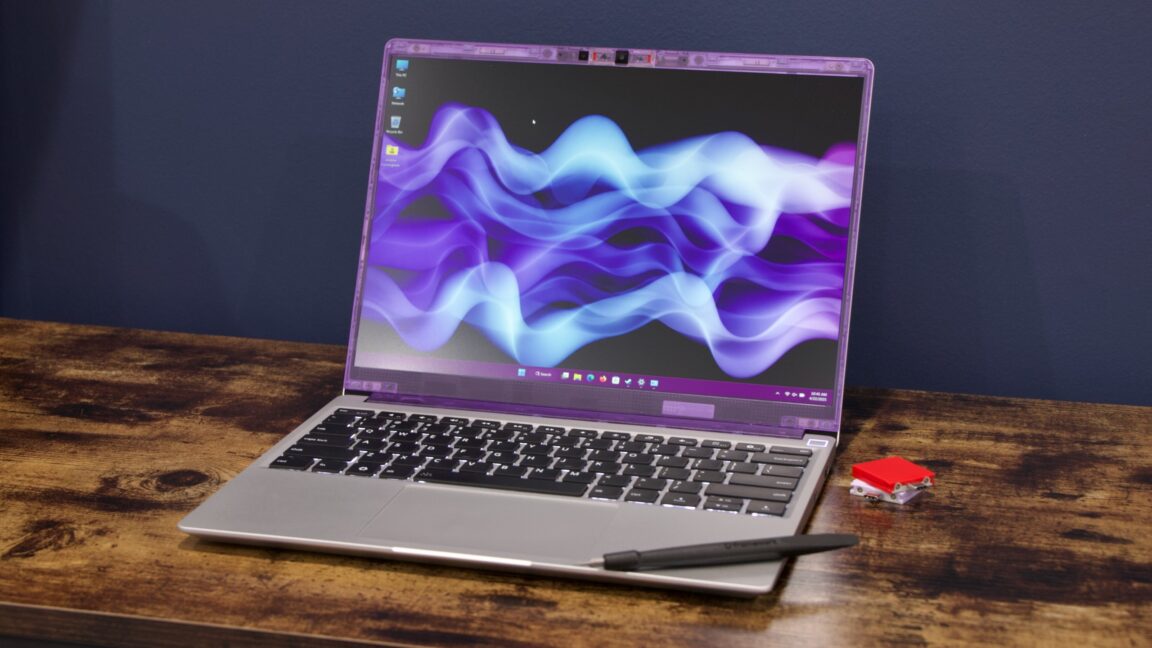Review: The Ryzen AI CPU Elevates the Framework Laptop 13 to New Speed Records

Understanding the Ports of the Ryzen AI Framework Laptop
When using the Ryzen AI Framework Laptop, it is important to know the functions and capabilities of its four USB-C ports, similar to the other Ryzen Framework laptops available in the 13 and 16 models. Not all ports offer the same features, which requires careful planning for optimal use.
Port Configuration Overview
Identifying the Ports:
If you face the laptop from the front:
- Ports 1 and 3: Located at the back
- Ports 2 and 4: Positioned toward the front
Generally, Ports 1 and 3 are designed to support higher speeds, delivering full USB4 capabilities. They also support DisplayPort 2.0, which allows for better video output compared to earlier versions like DisplayPort 1.4.
On the other hand, for devices that use USB-A modules, it is advisable to place them in Ports 2 or 4 because these modules tend to consume more power. Although all four ports allow for display output, this was not the case with the Ryzen 7040 Framework board, highlighting an improvement in customization options with this version.
Key Features of the Ports
- USB4 Support: Ports 1 and 3 provide full USB4 functionalities.
- DisplayPort 2.0: Better video output capabilities are available in these ports.
- Power Management: USB-A modules are better suited for Ports 2 and 4 due to power consumption considerations.
- All Ports Support Charging: Each port facilitates USB-C charging.
This enhancement from the previous Framework board gives users more flexibility, although the arrangement may seem more complex than the Intel versions where any expansion card can fit into any port.
Hardware Improvements
The Ryzen AI board has undergone physical changes, which include modifications to its heatsink design. It now features a single, larger heatpipe that covers more motherboard components, rather than using two smaller heatpipes as seen in the Ryzen 7040 version. This change can potentially lead to better thermal performance and more efficient cooling.
Performance Challenges
While the enhancements are notable, some users have reported stability issues with the recent iteration of the Framework laptop. Despite utilizing the latest BIOS version (3.03) and updated drivers, some users experienced intermittent system freezes, issues while waking from sleep, and rendering glitches in applications like Microsoft Edge. These problems occurred even after performing clean installations of Windows.
Although these interruptions are notable, they typically do not hinder the laptop’s intended usage. It is believed that future updates for the firmware and drivers may resolve these lingering issues. Past experiences with other Ryzen AI laptops and previous versions of the Framework 13 have generally shown better performance.
Graphics and User Experience
The graphical design of the laptop and other visual elements has not been overlooked. The visuals show clear port layouts and functional capabilities, which can significantly enhance user experience. Understanding how to utilize each port effectively can make a difference in overall productivity and satisfaction with the device.
With ongoing developments in both hardware and software, users can look forward to potential upgrades that aim to balance performance and reliability in their computing experience.






